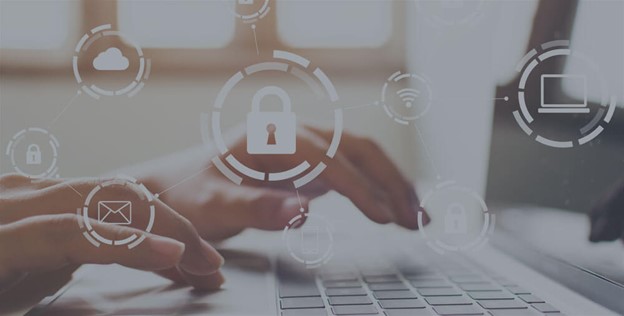As social life moves increasingly online, monitoring your personal information becomes increasingly important. With an average of 27 online accounts, and more than 100 for millennials, only a few passwords are shared across all those accounts.
For every online account, passwords should ideally be difficult-to-guess and random as passwords are the first line of defense in protecting personally identifiable information (PII). Because brains are not computers with perfect recall, it may be impossible to remember complicated passwords for the 27+ accounts across online banking, email, and social media networks.
Google’s recent online security survey found that 52% of users use the same password across multiple accounts. The number correlates with the frustration 75% of respondents report experiencing trying to remember passwords. Furthermore, 61% reported using the same password for fear of forgetting it, and 50% said they wanted to be more in control of their passwords.
Password Overload
Users have adopted habits that put their PII at risk in order to facilitate password recall. It includes people reusing the same password across multiple accounts. You might write down your password on a piece of paper or use a common password that is easy to crack. Approximately 24% of Americans use a variation of widely used passwords, including:
- abc123
- Password
- 123456
- Iloveyou
- 111111
- Admin
- Welcome
Moreover, when people create passwords, they incorporate personal information that can be guessed easily.
- 59% of adults have used a name or birthday
- 33% entered a pet’s name
- 22% entered their own name
- 15% entered a spouse or partner’s name
- 14% entered their child(ren)’s name.
Password Risks
For organizations and individuals that manage consumer data, password overload is a real problem. By stealing or compromising one password, an attacker can gain access to several accounts. Therefore, hackers are able to focus on hacking poorly-managed websites in order to obtain information that aids them in breaching more valuable accounts.
Password overload poses a number of risks to accounts and personal information, which can be mitigated by implementing practices and tools that minimize the risks.
Password Recommendations
By forming the right habits and using the right tools, you can minimize these risks and strengthen your passwords as the first line of defense for your data. Here are a few recommendations to consider:
- Regularly update your passwords, especially after being informed of a data breach by a company you have an account with.
- Avoid using the same password more than once. No matter what.
- Instead of using passwords, use passphrases. Because of the higher number of spaces and quotations, they are easier to remember.
- Ensure multiple-factor authentication for critical accounts. It entails verifying your identity using an object that you possess (phone, fingerprints, face recognition, etc.). If a hacker can steal your password, it will be very difficult to replicate or obtain your physical property.
- Consider using a password manager that also generates randomized passwords for you to simplify this process.
Is your personal information on the dark web? Make sure your identity isn’t at risk!

